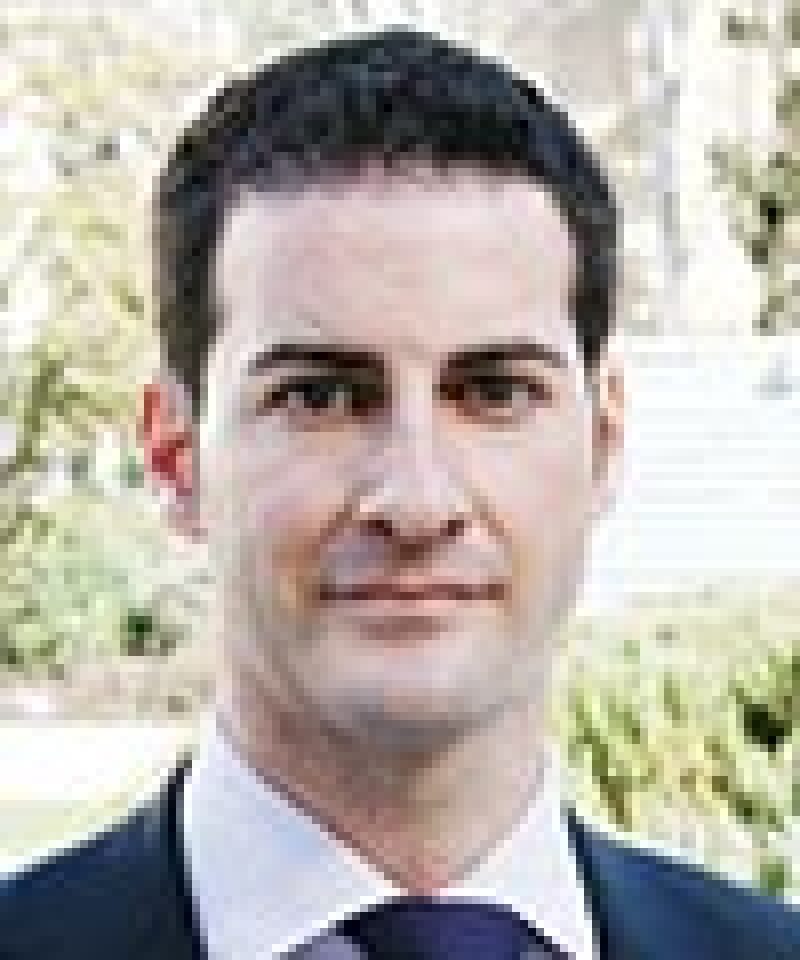
|

|
|
Mario Ortega Calle |
Alberto Ameneiro |
On June 18 2014, the Spanish Supreme Court (SC) handed down a new decision on the definition of permanent establishment (PE) in business restructurings. In the case at hand, and before the restructuring process, SpainCo had functioned as a manufacturer and distributor of products in the Spanish and Portuguese market. After the restructuring, SpainCo started to operate as a limited risk service provider of manufacturing activities for a related party established in the UK (UKCo), and provided agency services, although it did not hold the authority to conclude sales contracts in the name of UKCo. Lastly, SpainCo also rented to UKCo some space for the storage of products.
In this scenario, the SC provided its interpretation of some of the PE principles that have been at the centre of much discussion, among which are the limits contained in article 5.3 of the OECD Model Convention. In particular, the SC addressed the contentious issue of when a PE can be deemed to exist under the dependent agent provision of the treaty, on a similar basis to that seen in the famous Roche Vitamins judgment, handed down in January 2012.
The Court began its analysis by examining each of the abovementioned commercial relationships between UKCo and SpainCo to determine whether any of them constituted a PE. For this purpose, the Court conducted the fixed place of business test and analysed whether or not the activities carried out by UKCo in the leased warehouse space were covered by the exception relating to the use of facilities to carry out preparatory or auxiliary activities.
After that, the sales promotion contract was also considered. The Court held that a "dependent agent PE" may exist because the limitations stipulated in the contract (such as the refusal to accept orders by SpainCo in the name of UKCo) had not been fulfilled in practice.
Indeed, the SC, while acknowledging that SpainCo could not be considered as a dependent agent of UKCo, ruled that SpainCo's activities in combination with UKCo's operation through a fixed place of business in Spain constituted a PE.
In light of all of the above, some observers would have thought that the relationship between SpainCo and UKCo could not constitute a PE. Nevertheless, the Court concluded that the leasing of some facilities, in combination with the sales promotion activities and the provision of operative services, constituted a PE.
As mentioned, this is the second decision handed down by the Spanish Supreme Court on PEs and business restructurings, with very similar (negative) conclusions for the taxpayer. This must be taken into serious consideration by those groups of companies with operations in Spain, in order to review their structures, especially those who have introduced modifications to their production value chain or are planning to do so in the future.
Mario Ortega Calle (mario.ortega.calle@garrigues.com), Vicente Bootello (vicente.bootello@garrigues.com) and Alberto Ameneiro (alberto.ameneiro@garrigues.com)
Garrigues – Taxand, Madrid
Website: www.garrigues.com









